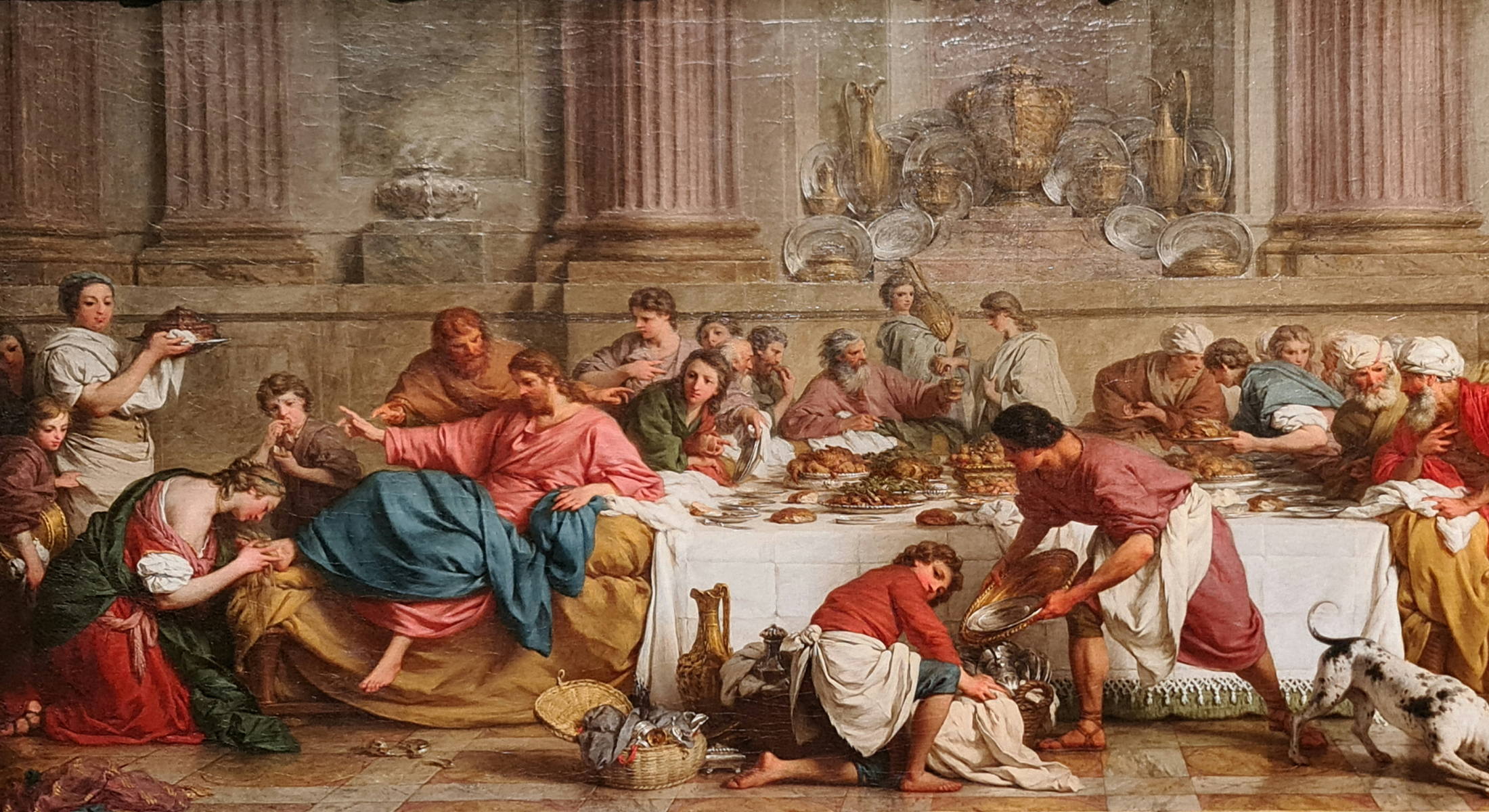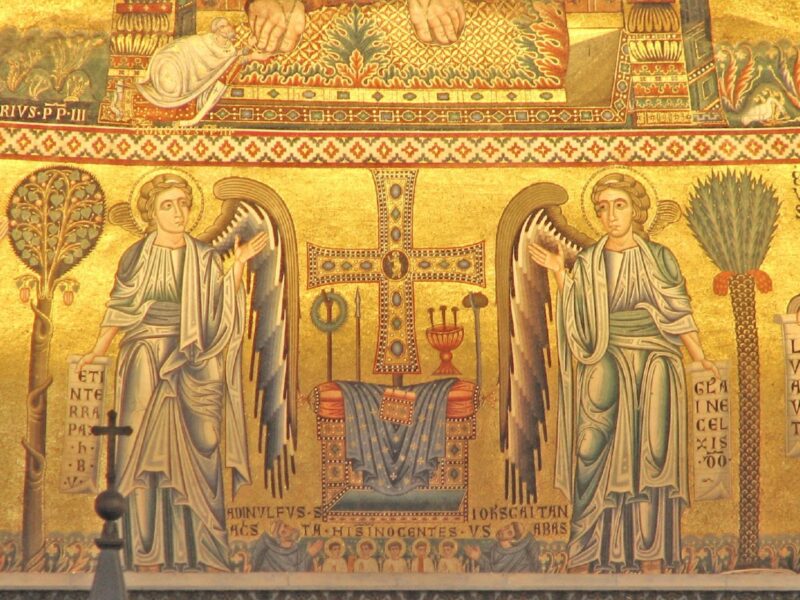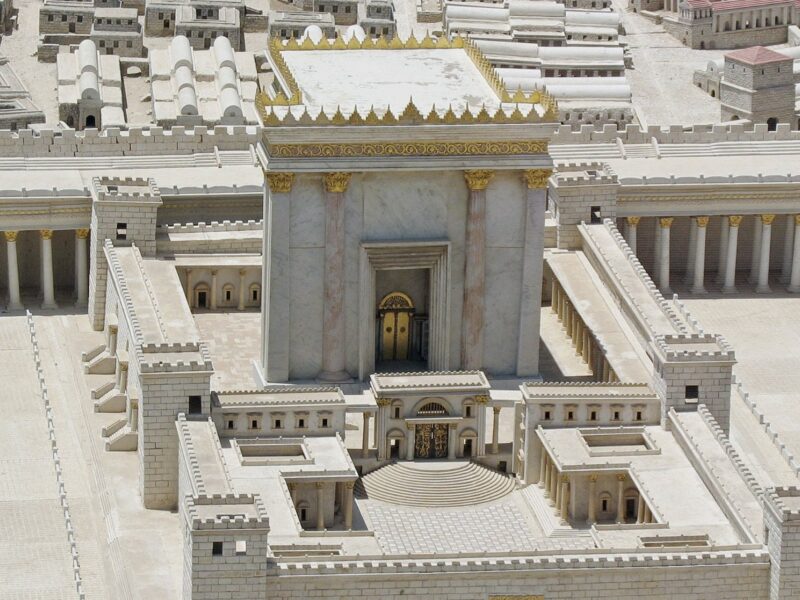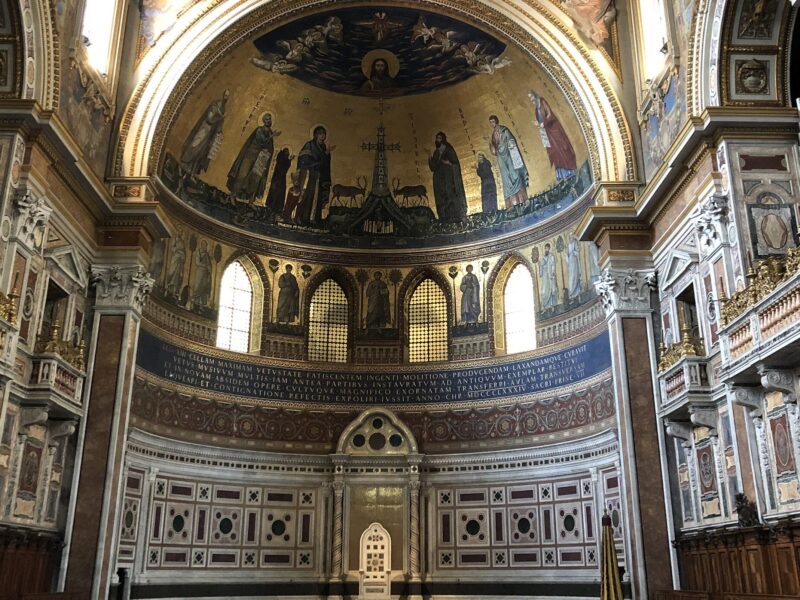
A Unique Invitation
Twenty-Second Sunday of the Year. Fr Dermot Morrin preaches on the new world opened up to us by Jesus.
The words of Jesus were very critical of this Pharisee and his guests. It was hardly how you would expect someone you had invited to your home to behave. He was a leading Pharisee and we can assume from what ensues that most of his guests were also Pharisees. It was already rather tense. Luke says that they were watching him. In Luke’s Gospel the word was used once before of the Pharisees and is be used again of the Pharisees. It conveys the negative sense of wanting to trap Jesus. But this raises a question. Why did this Pharisee invite Jesus? Was it just an attempt to test him or was there more to it?
Just as they watched Jesus, he observed them. Jesus noted their concern with where they would sit. He knew that at this meal in the house of this elite Pharisee, the issue of where they were seated would be uppermost in their thoughts. This elite Pharisee was able to bestow honour or to withhold it; to exalt or humble each of them as he saw fit. Moreover, it has often been noted that in that world there was no such thing as a free lunch. If you invited someone to dinner, the understanding was that the invitation would be reciprocated. It was a kind of transaction. And yet in Jesus, it would seem that he had invited to his table an itinerant preacher on his way to Jerusalem. Jesus could who hardly return this invitation.
We are not told where Jesus was seated or what status the host bestowed upon him. At the meal Jesus talked freely to the guests and then to the host. Nobody interrupted him. Not one of them asked a question. Although the verses have been omitted here, at this same meal he had healed a man with dropsy. It was the Sabbath and when Jesus justified his action of healing on the Sabbath, nobody challenged him. His words throughout the scene are met with an odd silence.
In fact, he was the only one at this meal whose status was not bestowed by the host. He had his own innate authority. To this host and to his guests Jesus opened up the possibility of a very different world. It is a possible world which would be in stark contrast to anything these status driven guests had ever known. It is a world wherein people understand that God looks with favour upon the lowly and, loving them in their humility, will raise them up because our God values genuine humility.
In Luke’s Gospel, God’s active response to the humble is a central theme. It opens with Zechariah and Elizabeth, who are childless. Elizabeth is in disgrace. But then through God’s providence, she becomes pregnant. Mary sings in her Magnificat about how God has looked upon her lowliness. The birth of her child is announced, not to an emperor or a king, but to lowly shepherds watching their flocks by night.
To this host Jesus said don’t invite those who can invite you back. He listed friends, brothers, kin, wealthy neighbours. No doubt, these were all people of high social status. He told him to invite those who could not return the invitation. He listed the poor, the crippled, the lame and the blind. These were typical examples of people of very low status and, perhaps most importantly, they were all people who could not reciprocate. In this new world, hospitality must not be self-serving, nor should it insulate the elite from the poor. In such a world the stranger would be welcomed. The divisions between insider and outsider, and between rich and poor, would collapse.
And then Jesus told them that such a host would be blessed because he had given without any expectation or possibility of return. The return would come from God at the resurrection. But it is clear that were the man to practise such generous hospitality merely so that he would be repaid in the next life this blessing would not follow. To do so would be just another kind of transaction. The blessing of which Jesus speaks is that of the righteous. It is the blessing of those who appreciate the breadth of God’s mercy and whose actions flow from it alone. Such generosity must flow from faith in the singular abundance of God’s love and mercy.
So why did this Pharisee invite such a challenging guest to his feast? We are not told, but one possibility is that Jesus invited himself. Perhaps seeing him there among them, they let him stay, thinking that they might turn it to their advantage and to his disadvantage. Little did they realise that by his presence among them it was Jesus who offered them the invitation which they could never repay.
Readings: Ecclesiasticus 3:19-21,30-31 | Hebrews 12:18-19,22-24a | Luke 14:1,7-14
Image: detail from Christus beim Pharisäer Simon by Pierre Subleyras (1737) via Wikimedia Commons (CC BY-SA 4.0)


